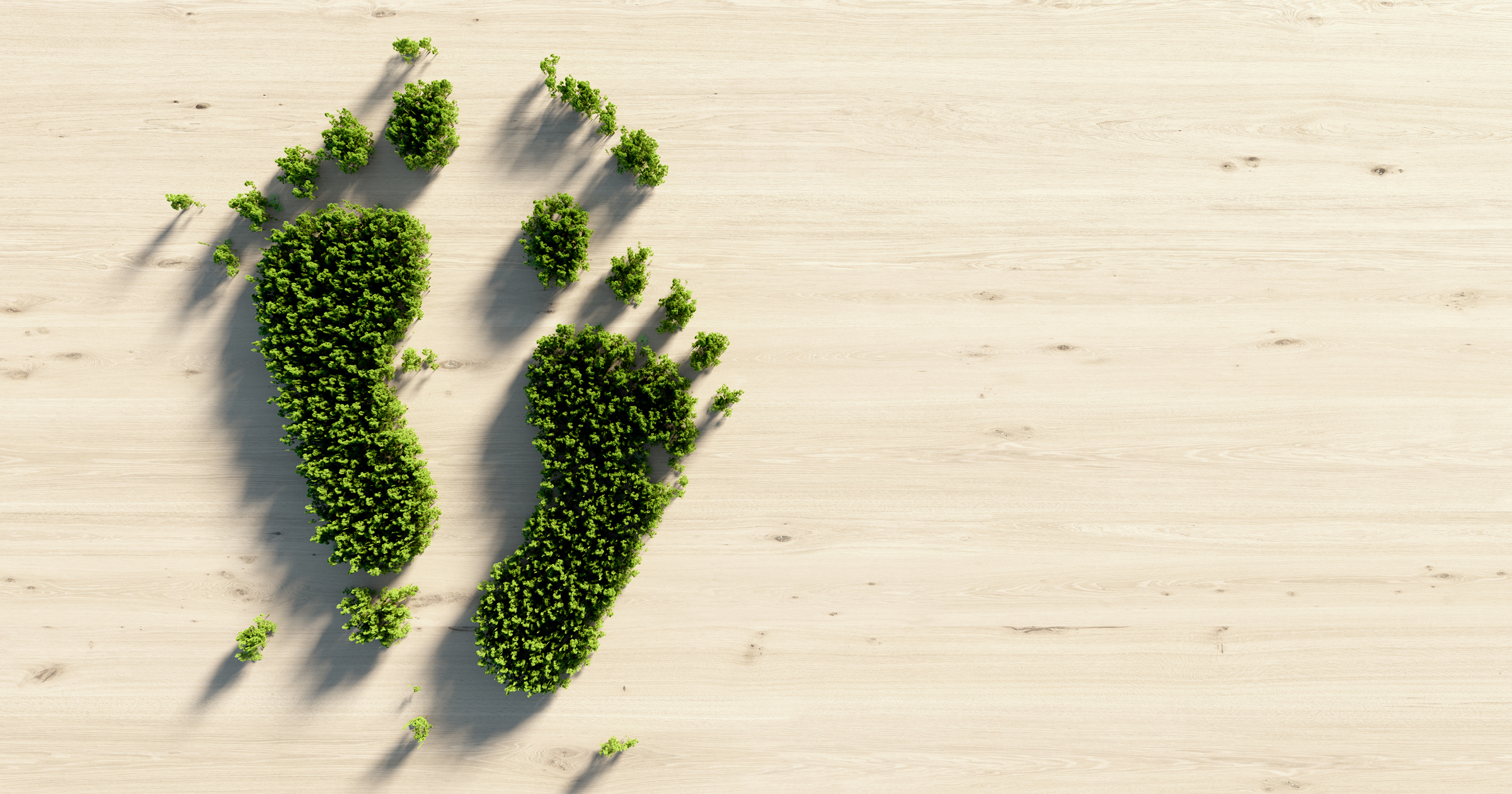Planet Earth supports the life of more than 8.7 million species, resulting in a rich Biodiversity. However, it is sad to see how Earth is currently experiencing extreme degradation by mankind, which has led to unprecedented climate change. The main cause for this is the extensive pollution due to growing population and industrialization. Pollution is the process in which undesirable toxic contaminants such as Air, Water and Soil contaminate our environment. This has led to sudden changes in the Ecosystem such as Global warming, which directly and indirectly leaves adverse effects on the lives of human beings, animals, and plants.
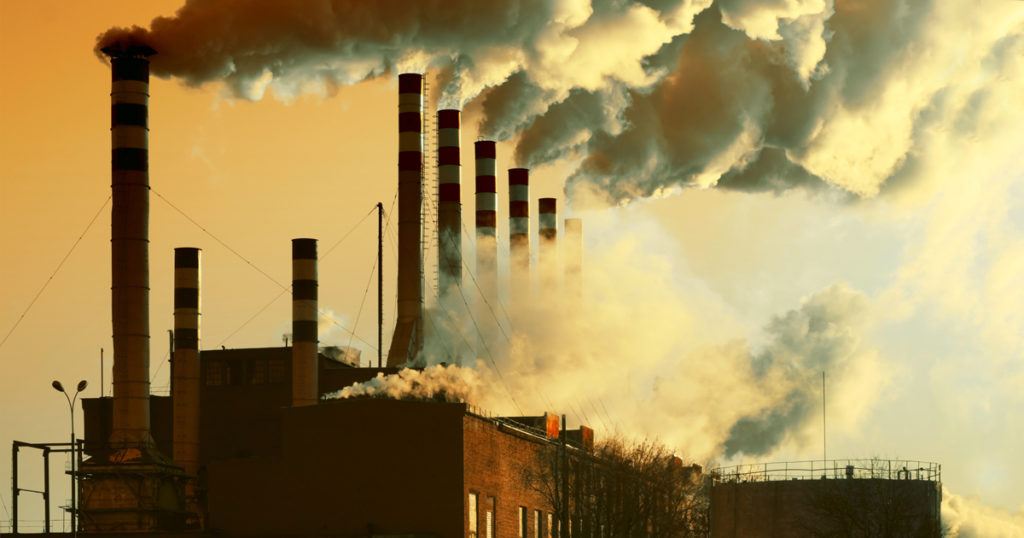
The question is, ‘How are we going to overcome this tragedy?’ Since our Childhood we wrote various essays about reducing pollution and preserving our environment. But did we mean every word we mentioned? Today, as teenagers and adults, have we put all that into practice to protect mother nature? Have we set an example to the younger generation through our actions? Just as the famous saying tells us “What goes around comes around’’, if we don’t take correct action against this, we will
have to face the consequences, if not immediately, at least some time later.
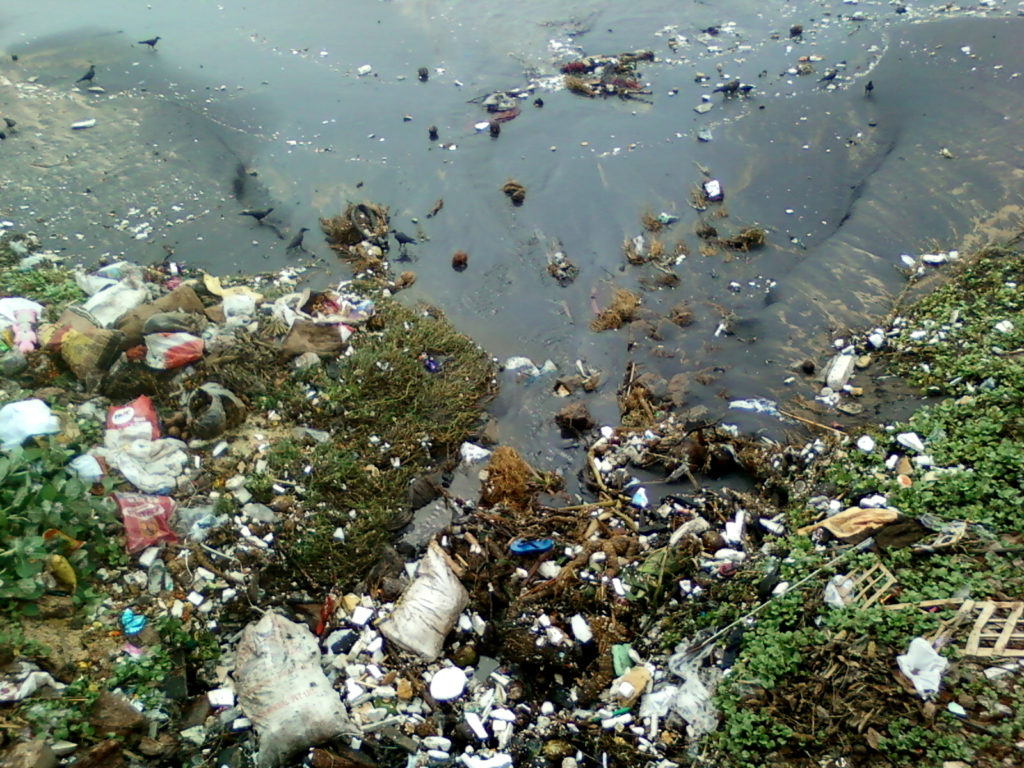
“Going Green” is a term used for the conservation of energy and preservation of the environment. Facing environmental hazards of pollution like global warming, citizens from every part of the world
are doing their contributions to lessen the emissions of greenhouse gases. A world agreement like the Kyoto Protocol is one of the manifestations that show that the world is serious about preserving the environment for future generations.
How can we really make a change?
Can we make a change? The answer is yes, but needless to say we have to put in effort. It all starts small, from our own home and daily routine, extending to things like Awareness programs and simple initiatives. Single-Use plastic, Preserving Fresh water and Reducing Consumption of Animal Protein are few examples to avoid this situation. The 3R Initiative is one of the most effective and efficient ways to reduce the pollution Footprint or by simple meaning, help cut down on the amount of waste we throw away.
Reduce
The best way to manage waste is not to produce it. This can be done by shopping carefully and being aware of a few guidelines such as purchasing products as bulked items. Larger economy sizes use less packaging and usually cost less per ounce. Reducing Disposable goods and using reusable items such as Cloth napkins instead of paper napkins, and Dish Cloth instead of paper towels could be small ways to reduce wastage.
Reuse
It makes economic and environmental sense to reuse products. Sometimes it takes creativity. Similar to the concept of reducing, reusing products for the same purpose, or reusing products for different needs can reduce global harm in unexpected ways. For example, supermarkets giving a small discount for customers that bring a cloth bag instead of using plastic bag, can drastically motivates the customer to be concerned about the environment.
Recycle
Recycling is a series of steps that takes a used material and processes, re manufactures, and sells it as a new product. Begin recycling at home and work. Buy products made from recycled materials. Look for the recycling symbols or ask store managers or salesmen to help you. The recycling symbol means one of the two things; either the product is made of recycled material, or the item can be recycled.
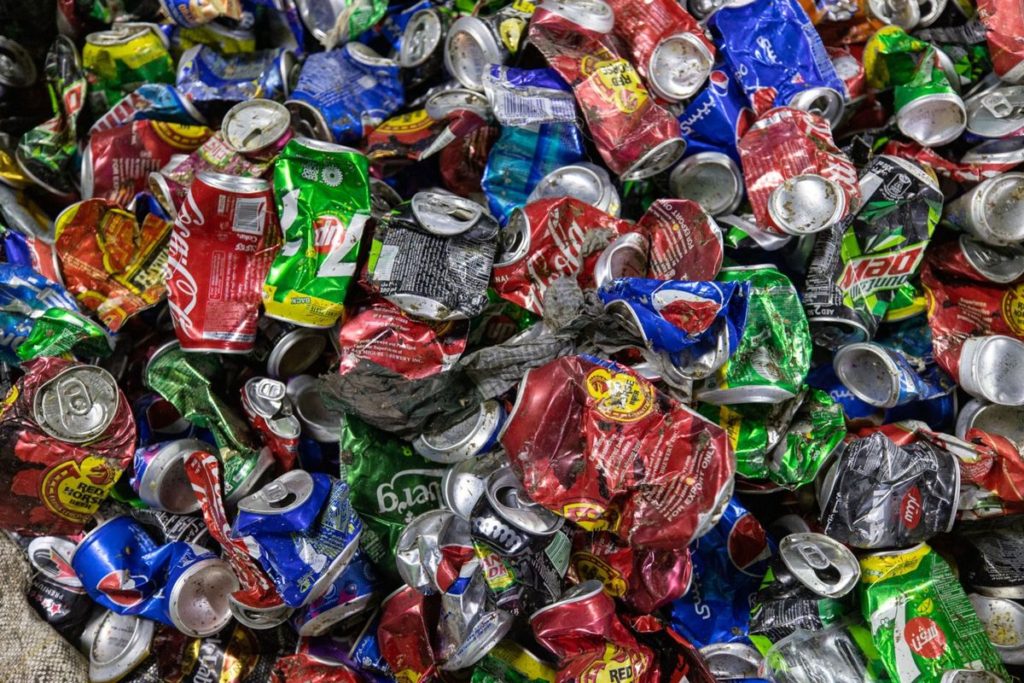
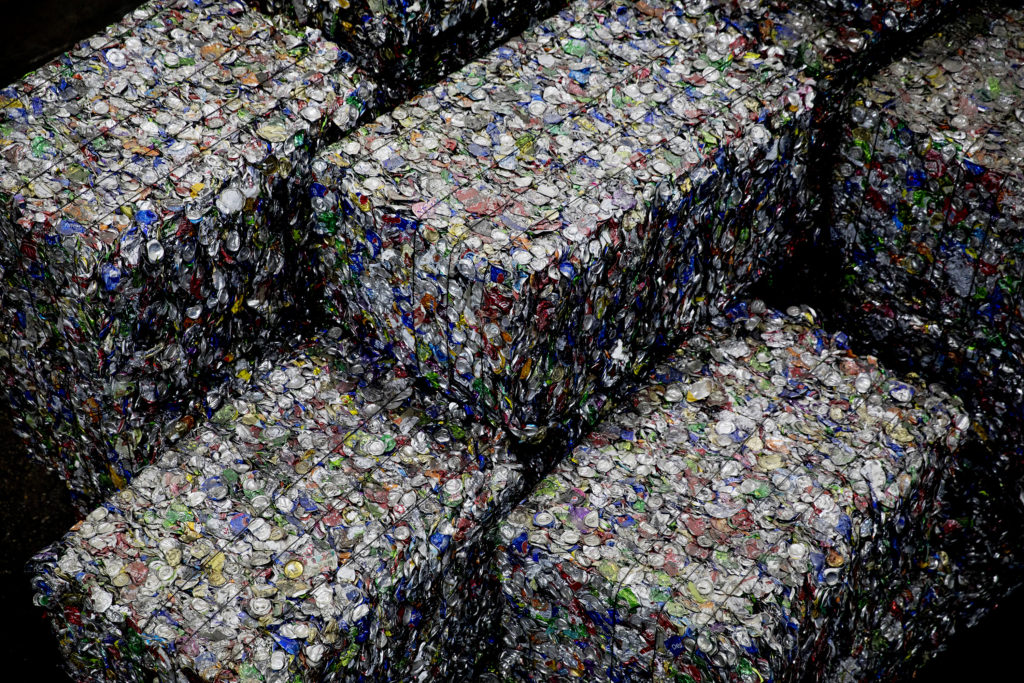
Water plays an important role in ecological systems, and is an indispensable component of human lives. As open environmental spaces, rivers are more likely to be polluted. This issue has received a great deal of attention, because concentrations of heavy metals in rivers continue to rise above the regional background value under constant anthropocentric disturbances, and has caused potential impacts on human health and ecological balance. For the ocean to thrive, we must look to the sources that feed it; our rivers. Rivers are the arteries of our blue planet but are treated like open sewers. Only 14% meet good ecological status and 3 in 4 poses a serious risk to human health. We could make a change. The petition to have 200 River Bathing Waters by 2030 to help #EndSewagePollution is a timely example.
A bit on the Contrary
Did you know that Air Pollution actually helps plants to grow faster? Researches have found that pollution allows the sunlight to scatter, allowing more plants to be in the shade. As a result of this, plants absorb Carbon dioxide more efficiently under polluted skies than under clean skies. It has also been found that this polluted air blocks in coming solar radiation, making the plant temporarily cooler. The Earth would actually be 0.5 – 1.1 degrees warmer if not for the polluted gases.
A take home
However, these fun facts work only for a small percentage. If we conclude and ask if pollution is Good or Bad, the simple answer is YES, it’s bad. Air pollution specifically increases the risk of respiratory infection, heart
Diseases, strokes, Lung Cancer, and more severely affect people who are already ill. Children, elderly individuals and people in low-income neighborhoods experience disproportionate health effects from air pollution. The effects of long-term exposure to lower concentrations of air pollutants could be more damaging to public health than short-term exposure to higher concentrations. For this reason alone, local authorities should take action to assess and improve local air quality. It is not advisable to wait for an episode of severe air pollution and then try to deal with its effects.
In conclusion, Environmental pollution has become a big concern when talking about saving the planet. To create the clean and healthy planet that we long, we need to adapt to various measures in order to reduce environmental pollution. Some of them include planting trees, reducing the use of non-renewable resources and proper disposal of waste. It is the responsibility of every individual, you and I, to save our environment from getting polluted. It is the responsibility of every individual to be an example to the younger generation. If we do so, together we can create a greener planet, a better future.
Rtr.
Written by: Rtr. Saabith Sabry
Edited by: Rtr. Hiruni Hettiarachchi
